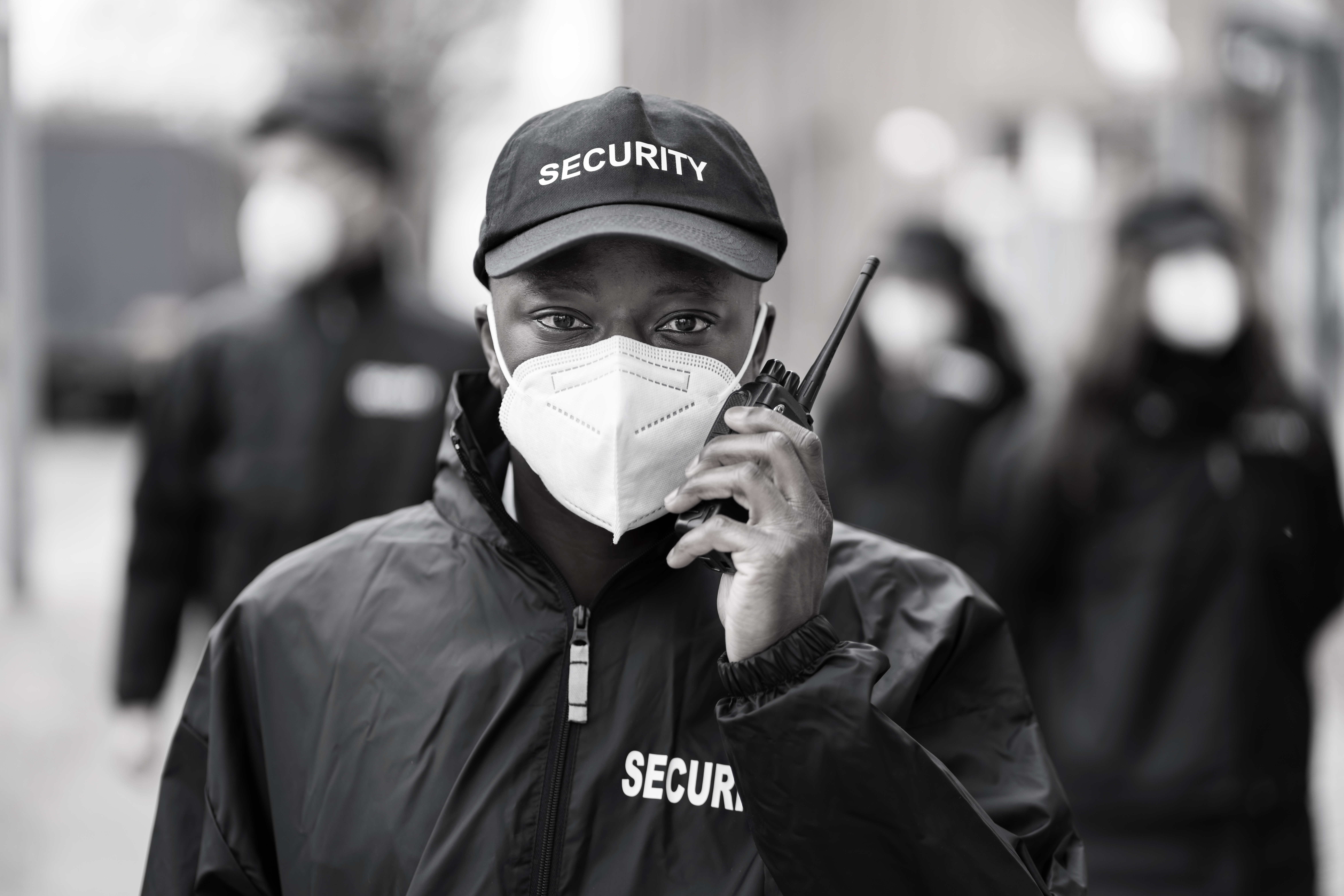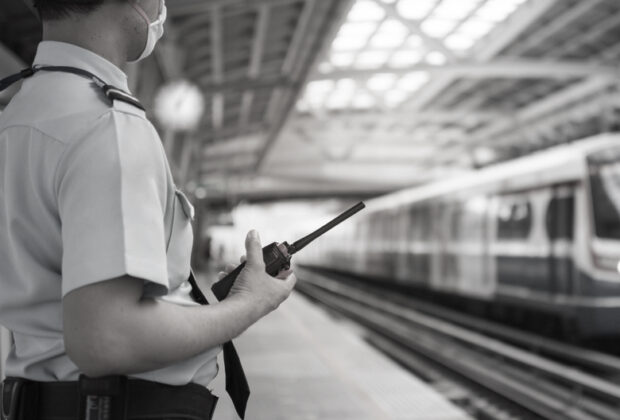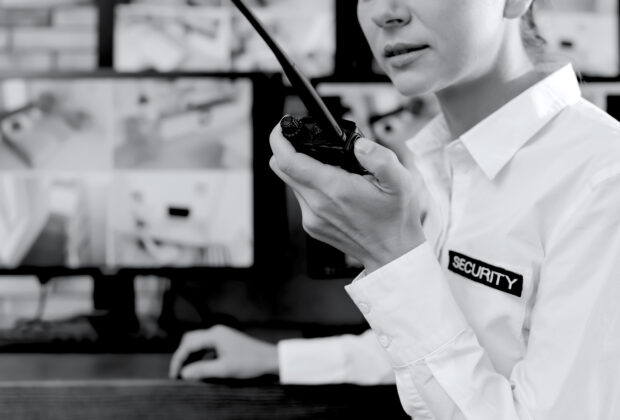The security industry is facing changes due to Coronavirus or COVID-19. While the security industry has always been considered essential, the pandemic has heightened the focus on the importance of security guards in keeping businesses and communities safe. The pandemic progressed changes to traditional security positions and made future-focused positions like remote guarding and supervision more commonplace. Security companies have learned that proactiveness and anticipating things like scheduling changes and absentees are important for continued success in this space. This post explores how the pandemic has impacted the security industry and what these changes mean for the industry going forward.
Hiring Changes in Security
In order to become a security guard in Canada, you need to meet the requirements for the province or territory you plan to work in (which is typically that you need to have a clean criminal record and be 18 years of age, but it’s always a good idea to look at your jurisdiction’s requirements) and go through the proper training regimen. But the pandemic caused a surge in demand for security guards, as essential businesses and public facilities are faced with needing to screen people with questions and even temperature checks before they enter.
Early in the pandemic we wrote about how security license testing was disrupted across Canada. While most provinces have since resumed testing, it’s possible that it could be postponed again in the future, meaning that security companies have to pivot their hiring strategies now in order to be proactive.
A few months ago, security companies started increasing security guard hiring to prepare for the inevitable increase in demand. However, most provinces and territories quickly closed testing centres either as a protective measure or to comply with public health orders. Anyone wanting to become a security guard during times when testing centres are closed can still take security guard training, but they are forced to wait until testing resumes to become fully certified and able to start working. With closed testing centres and an increased demand for security guards, companies had to start getting creative with their hiring decisions. One solution for a situation like this is to shift operations. If individuals who have a valid security license are working in some other role that doesn’t require one, they can be transitioned out to work in the field and someone else can be hired to take their place.
Changes in hours and the potential for overtime
Since the pandemic brought increased demand to the security industry, the potential for overtime hours or at least longer shifts increased as well. If there’s more demand for security guards from clients but not enough staff to fill that demand, security companies can anticipate things like charging premium rates to clients and offering guards overtime.
Security Guard Job Changes
Security guards face all kinds of challenges on the job, from de-escalation to responding to dangerous situations. Security guards are trained to deal with the public in a variety of roles, but during the pandemic, the importance of de-escalation and mental health awareness training is increased. Guards are needed at public places where they wouldn’t typically be found (such as healthcare faculties and grocery stores) managing lines and dealing with a public that has increased anxiety and impatience with having to follow new public health rules.
The role of the security guard has evolved to match what is needed of them, like enforcing indoor person capacity limits, screening people for COVID symptoms, and in some cases even taking temperatures. While these roles could change over time, it highlights the fluidity of a job in security.
Remote Guarding During COVID-19
Remote guarding has been around for a long time, but it makes sense to focus on it more during a pandemic like COVID-19 when the health safety risk to guarding in person is heightened.
For instance, with building security, remote guarding makes a lot of sense. A single guard can monitor a large area from a single room either on or off the premises. It also means that a security company can stretch their staff further so more locations can be covered.
Development of a Pandemic Response Plan
Companies across all industries have had to pivot operations in many different ways to deal with the pandemic. Most are focusing on ways to keep workers safe with things like the implementation of new policies on workstation cleanliness and social distancing best practices.
How can security officers be protected on the job?
- Increased focus on Personal Protective Equipment (PPE). Officers need access to things like masks, hand sanitizer, and disinfecting wipes in accordance with public health recommendations. Instructions on how to use these items, as well as training, should also be provided.
- Make sure public health recommendations are followed. For instance, guards should be aware of how to maintain social distancing recommendations for the area they are monitoring.
- Provide COVID-19 testing. Testing for the virus should be provided as needed and in accordance with public health recommendations.
- No sharing of materials where possible. As a precaution, guards should avoid sharing pens, notebooks, radios, and any other materials that they need to perform their jobs wherever possible.
The importance of communication between supervisors and employees is paramount since everyone needs to be aware of emerging situations and changing policies during a public health crisis. Frequent communication with local authorities is also especially important to ensure that everyone stays on the same page and is able to respond to public health risks or situations appropriately.
Changes to the Security Industry
It’s difficult to predict what the world’s “new normal” will look like in months or years from now. It’s possible that the changes that the COVID-19 pandemic has brought to the security industry will become the new standard, but there are no guarantees. It’s important that all industries, especially security, are ready and willing to adapt to any new challenges that the future brings.




Comments are closed.